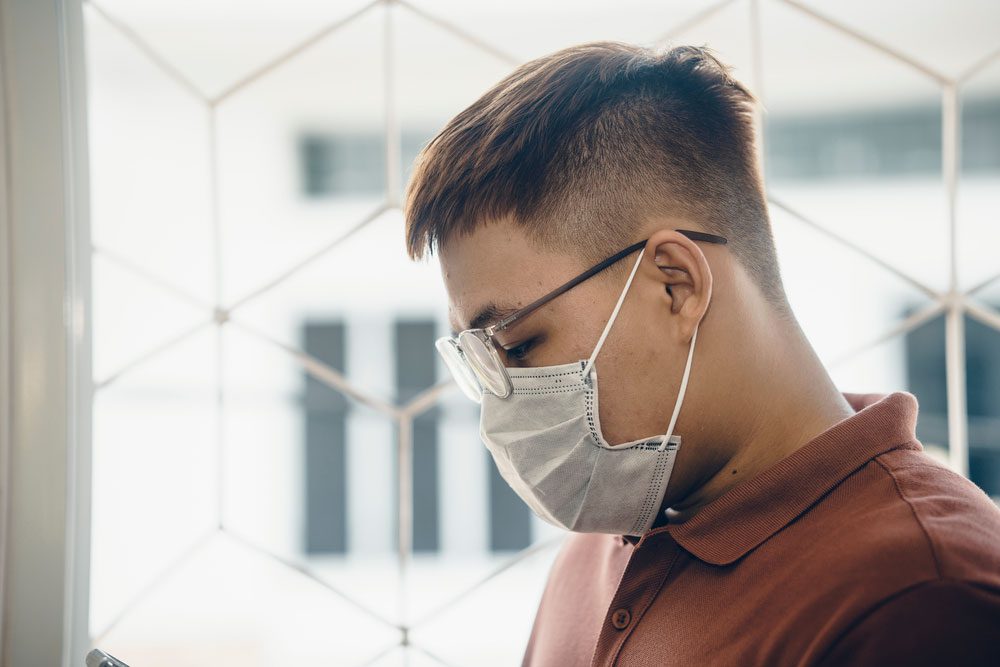CMS has issued a patient guide for beneficiaries seeking non-COVID care:
Re-Opening America: What Patients Should Know About Seeking Healthcare
For everyone’s health and safety, ophthalmologists, optometrists, and other doctors are being urged to see only patients for urgent or emergent problems during the coronavirus pandemic.
This is important for two reasons:
- To limit contact between patients and staff in offices, waiting rooms, exams rooms, and surgical facilities to reduce the spread of the coronavirus;
- To conserve vital disposable medical supplies (like masks, gloves, face shields, and sanitizing wipes, etc.) so they can be used in hospitals where they are most needed right now.
Urgent care is defined as medical care provided for illnesses or injuries that require prompt attention but are typically not of such seriousness as to require the services of an emergency room. Emergency care is defined as medical care for conditions requiring prompt medical attention due to a sudden change in the eye or visual health. If you’re uncertain whether or not your condition is urgent or emergent, contact your eye care provider (ophthalmologist or optometrist) immediately.
You will likely find that routine patient visits, such as annual dilated eye exams, exams for glasses, and general eye health check-ups, will be rescheduled likely for a few months. Any non-emergent or non-urgent eye surgeries and procedures, for example cataract surgery, will also be postponed. Urgent and emergent situations may include exams, treatments, and surgeries for eye injuries, retinal detachments, and other eye problems resulting in acute vision loss that may be permanent if not treated sooner. Contact your eye care provider’s office BEFORE traveling to the office to check whether your appointment is cancelled or not.
Plan ahead: If your appointment will still occur, talk to the eye care provider’s office by phone about any safety precautions you should take for the visit. In addition, please let the office know if you have a cough or a fever, or have been in close contact with someone who has these symptoms. Offices have implemented screening and cleaning procedures to preserve the health and safety of the office staff and patients who needed to be seen.
Call your eye care provider for guidance in the following situations:
- You have an eye disease (such as macular degeneration or diabetes-related retinopathy) and receive regular eye injections;
- You have any vision treatments that are routinely applied at the eye care provider’s office, and you are uncertain whether these are considered urgent care;
- You suddenly lose or notice changes in your vision (such as blurred vision, wavy areas of vision, or blank spots in your field of vision);
- You notice a lot of new floaters or flashes of light in your vision;
- You have eye pain, headache, red eye, nausea, and vomiting.
Clinical trials: If you are currently involved in a clinical trial for a vision treatment or therapy, the FDA has encouraged all trials to consider patients’ safety when making determinations about trial recruitment and continued participation and drug administration. Changes to the conduct of each trial and the participation of its patients will depend on the various circumstances of the trial, including the nature of the disease being studied and the drug being administered, potential changes in the product’s supply chain, the regions where the trial is conducted, and more.
Contact your clinical trial site to determine what steps they are taking to ensure your safety and continuity of eye care during this time. This may include changes to how the clinical trial maintains contact with you or how treatments are administered.
For more information on Corona Virus Eye Safety, visit the resources available through the American Academy of Ophthalmology and/or the American Optometric Association.
More Covid-19 News
Children’s Vision Screening Programs During Social Distancing
Dearth of disability-related Covid-19 data can confound response efforts

